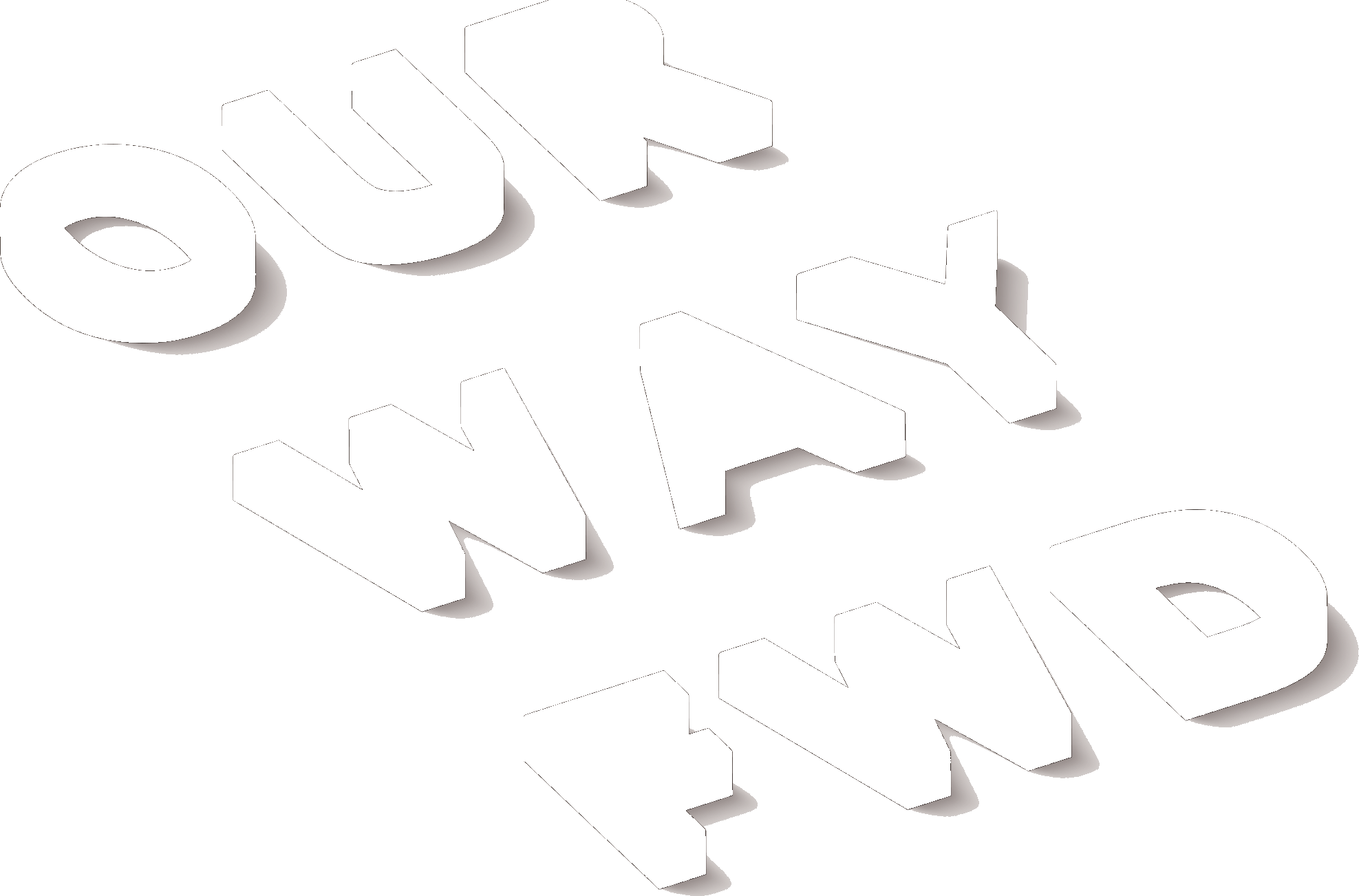Remember the Telcos?

In direct contrast to the tech space, telcos in Nigeria seem to be having a ball. Well maybe apart from oil companies (see BP’s record £23 billion 2022 profits). MTN recently announced a record N2 trillion in revenues and N534 billion pre-tax profit for 2022. This 21% rise makes MTN the biggest public company by revenue in Nigeria.
So where did it all go right?
According to their CEO Karl Toriola, it’s down to expanding coverage, expense efficiencies and disciplined capital allocation. They have expanded their 5G networks (although how reliable this is remains to be seen), added 2 million active mobile money wallets to their payments subsidiary MoMo PSB, while expanding digital services.
MTN did this amidst major devaluation of the Naira, surging operating costs and high inflation and ongoing regulatory scrutiny. They recorded growth in all business segments and added a jaw dropping 7.2 million new subscribers. It’s a shame Elon Musk is a bit stretched or he might have made a pass at buying MTN.
MTN’s numbers show that there is still a growth market for telecom services. Several local companies have attempted to grab some of this market, including Smile, N-tel and Swift to varying degrees of limited success.
Internet remains extremely expensive in Nigeria, and a report by Surfshark Press, a US solution provider ranked Nigeria as having one of the least affordable internet globally, while being one of the least stable. We all know the frustration with the level of service we enjoy.
Meta’s 2Africa and Google’s Equiano subsea projects are expected to bring substantial new internet capacity, although there is no launch date in sight. Meanwhile Meta in January 2022 quietly wound down its Express Wi-Fi program which provided Wi-Fi hotspots in public places. It’s clear that free internet services are unsustainable, even for large companies.
So, when will we get improved and affordable internet?
Elon Musk has taken a stab at it with the launch of Starlink, the satellite internet business of SpaceX. Starlink received two licenses from the NCC – a ten-year international gateway license and a five-year ISP license. It has an initial price point of $600 for hardware and subscription at $43 for unlimited data (capped at 1TB). With black market rates of about 750 to the dollar, Starlink is currently beyond the reach of most Nigerians.
Reports from early users indicate that it might be best for those in towns and rural areas with poor internet services, as internet speeds in Lagos and Abuja often reach up to 100Mbps. Even Starlink’s website states that it is “ideally suited for areas of the globe where connectivity has typically been a challenge.”
It is clearly not positioned as an alternative to the big 4 Nigerian telcos but might provide the shakeup they need to step up their 5G deployment and improve service levels.




